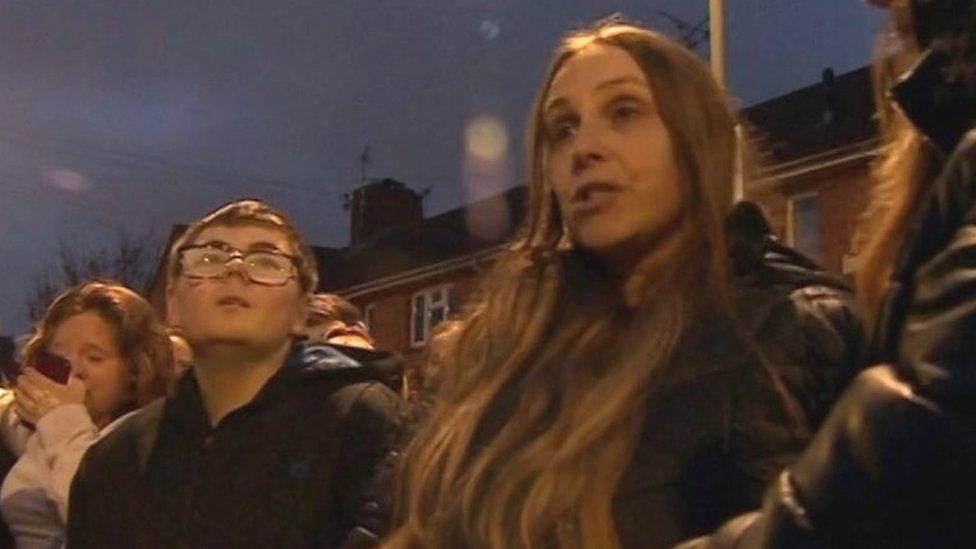'Strong support' for Bristol stop-and-search, chief constable says
- Published
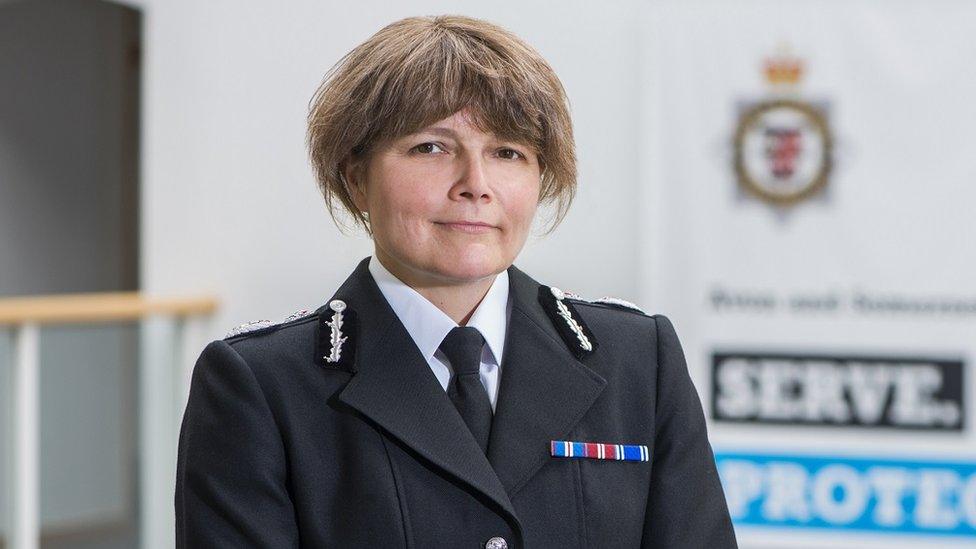
Chief constable Sarah Crew said the force received 'strong support from all corners' for the powers
A decision to escalate stop and search powers in Bristol after a spate of fatal stabbings received "strong support", a police chief has said.
Avon and Somerset Police authorised a 48 hour crackdown in parts of city in February to prevent further deaths.
It gave officers on patrol the right to stop and search people without needing reasonable grounds of suspicion.
Chief constable Sarah Crew said the death of 16-year-old Darrian Williams was what "tipped the criteria".
Darrian was fatally attacked in Rawnsley Park, Easton, on 14 February. His death followed that of 16-year-old Max Dixon and 15-year-old Mason Rist in Knowle West in January and Eddie Kinuthia, 19, in St Pauls last July.
A 16-year-old boy was also critically wounded in a stabbing at a Bristol city centre McDonald's on 8 February.
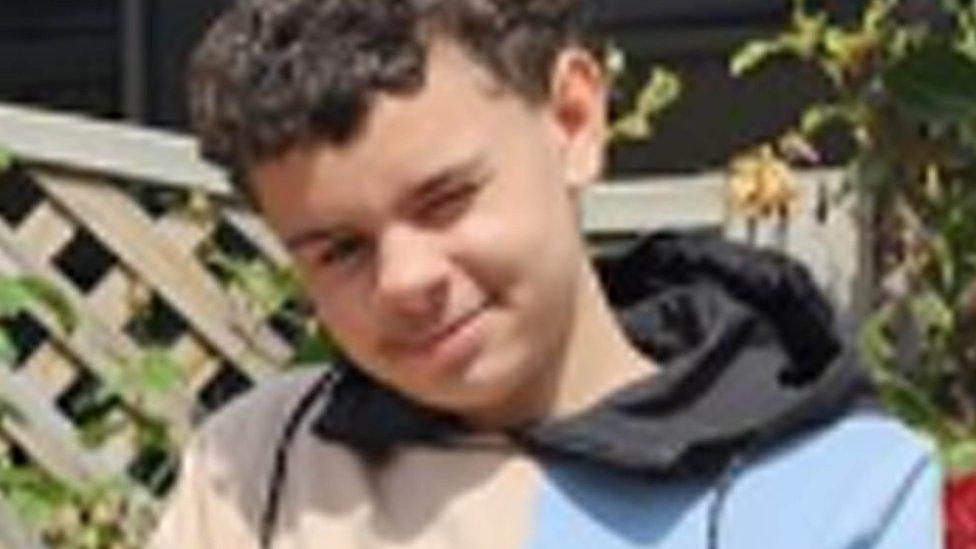
Darrian Williams was fatally stabbed in Bristol in February
Speaking during a monthly public grilling by Police and Crime Commissioner (PCC) Mark Shelford on 13 March, Ms Crew said: "Clearly there are concerns with the use of this power and there are different views but I heard strong support from many corners for using this power that is available to us to protect the lives of children in Bristol."
The measure gave the police the powers under Section 60 of the Criminal Justice and Public Order Act from 17:00 GMT on 15 February to 17:00 GMT on 17 February, the Local Democracy Reporting Service (LDRS) said.
They were in place in the city centre, Easton, St Pauls, Ashley Down, Eastville, Temple and Fishponds.
Officers stopped a total of 33 people during the 48 hour period.
More than half of those were aged 18 to 24 and about a third were between 10 years old and 17.
Fourteen of the people stopped were white, 12 were black, six were of mixed heritage and one was Asian. No weapons were found.
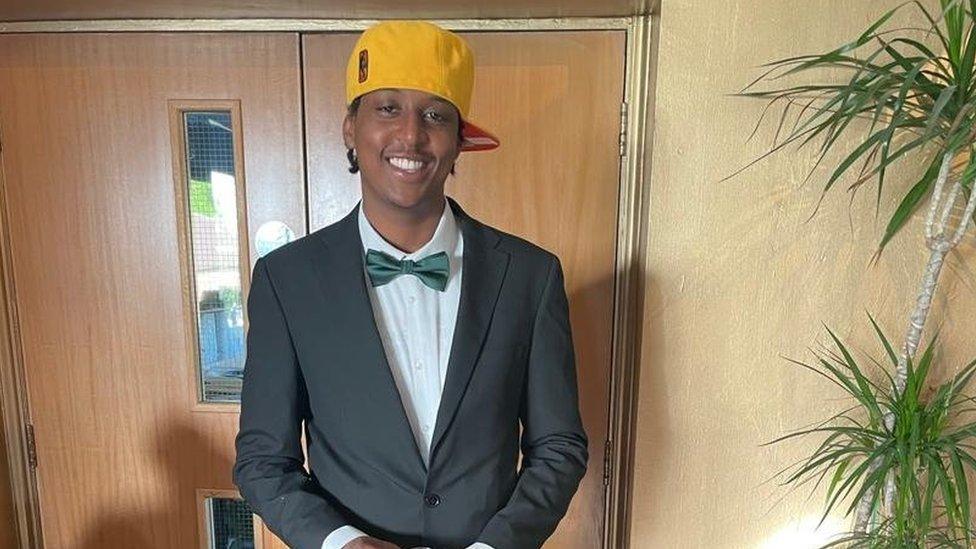
No one has yet been charged over Eddie Kinuthia's death
The chief constable told the PCC performance and accountability board that the decision to use the powers for the first time in four years was made in discussion with community leaders, adding that Section 60 is "a power we do not use very much at all in Avon and Somerset".
She also said senior officers have to meet a "very high standard" to trigger Section 60 and "the bar is quite high and rightly so".
"When Section 60 has been used - and it has been used more frequently in other parts of the country - it has been shown to disproportionately affect young Black men and that is a subject we are very concerned about in Avon and Somerset Police for the reasons of confidence," she said.
"So it needs very, very careful thought beforehand and wide consultation with the community, as it did so when it was used on this occasion."
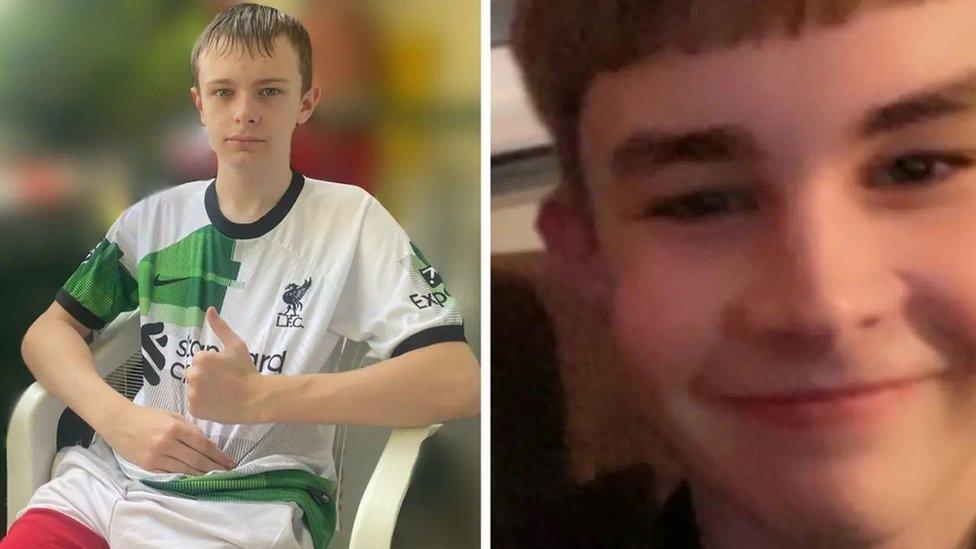
Mason, left, and Max, right, were fatally stabbed in January
Ms Crew added: "It was the awful events of Darrian's passing that tipped the criteria that met a Section 60 to prevent further loss of life.
"But having formed those grounds it is important to consult externally and I personally was in the meeting where the consultation took place with members of the community, particularly members of the community who work with young people, and other statutory agencies to explain and discuss before making that final decision."
She said the authorisation shows the "level of concern that we had and still have for ongoing serious violence in the city of Bristol".
Mr Shelford said: "I too received a huge amount of interaction with the public who wished that the police do more of this but, as you so rightly say, it has to be done in a balanced way, proportionately and discussed with the local community."

Follow BBC Bristol on Facebook, external, X, external and Instagram, external. Send your story ideas to us on email, external or via WhatsApp on 0800 313 4630, external.
- Published15 March 2024

- Published15 March 2024
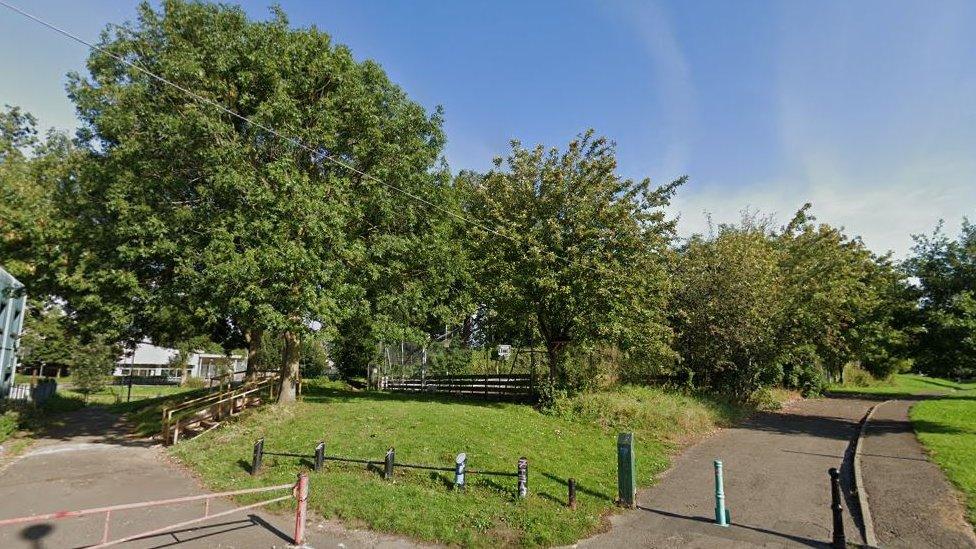
- Published28 February 2024
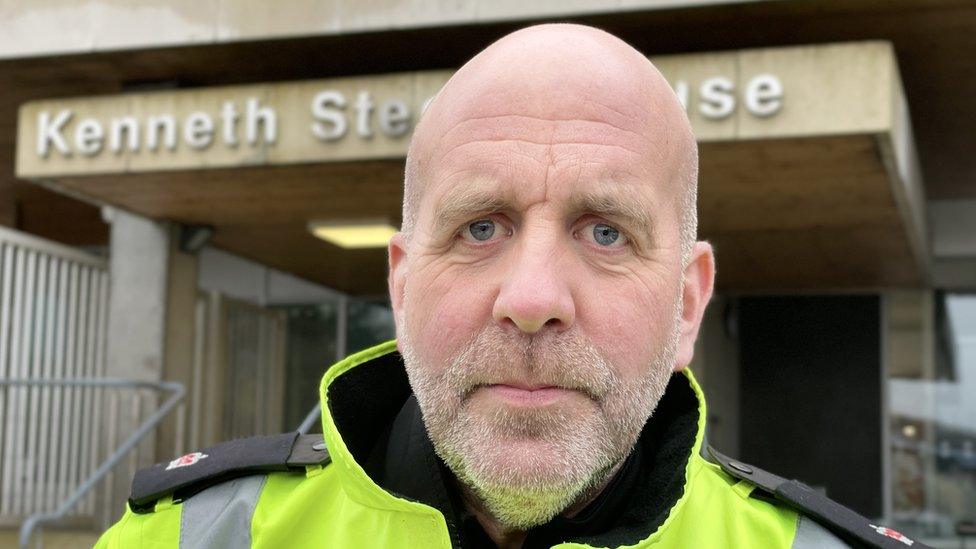
- Published31 January 2024
